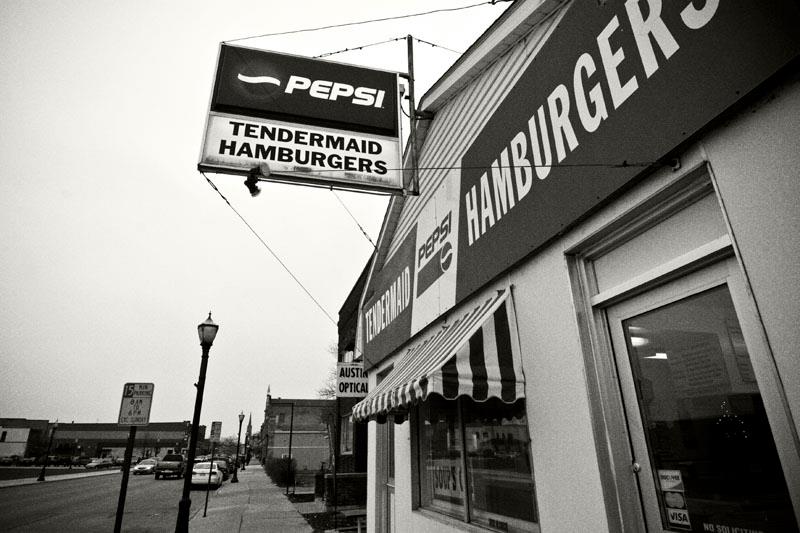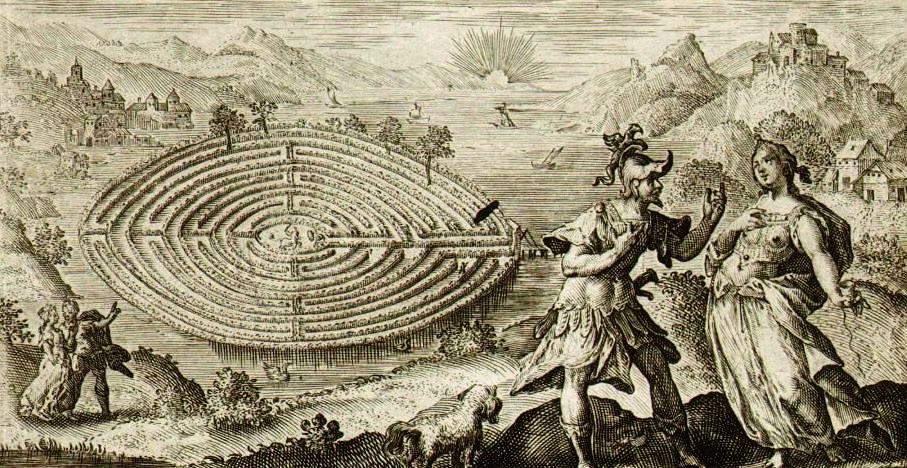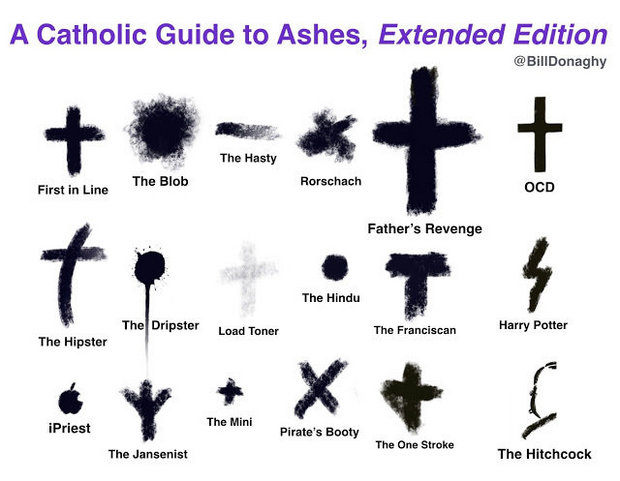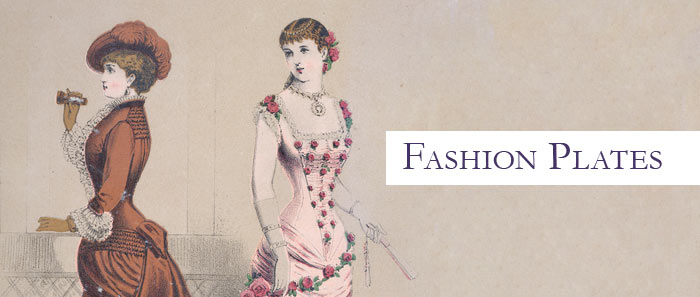“What’s in a name? that which we call a rose by any other name would smell as sweet;”
-Juliet
“The only three things a guy should want change to about his girl is her last name, address, and her viewpoint on men.”
-kid cudi [whoever he is]

it’s hard for me to articulate exactly why i kept my last name instead of changing it to match nate’s. part of me loves my last name; part of me thinks it’s an archaic tradition; part of me thinks it’s unnecessary and there are really baseless reasons to change it. and then there’s the whole gender equality thing on top of all that. it’s really an amalgam of reasons in my head.
today one of my friends on fb (more like acquaintance) asked what people would start calling her once her name changes, since they use her last name to address her. someone commented she could keep it, and she replied, ” I know I can. I just consider it an honor that he wants to share his with me.”
to which i wonder: would he consider it an honor if she wanted to share HER last name with HIM?
(my guess is no. some guys are horrified at the thought of taking their wives-to-be last names.)
but first, i’d like to explore the archaicness, the absolute medievalness of the term MAIDEN NAME.
maiden (adj.) “virgin, unmarried,” c.1300, from maiden (n.). The figurative sense of “new fresh, first” (cf. maiden voyage) is first recorded 1550s. Maiden name is from 1680s.
maid (n.) late 12c., “a virgin, a young unmarried woman,” shortening of maiden (n.). Like that word, used in Middle English of unmarried men as well as women (cf. maiden-man, c.1200, used of both sexes, reflecting also the generic use of man). Domestic help sense is from c.1300. In reference to Joan of Arc, attested from 1540s (cf. French la Pucelle). Maid Marian, one of Robin Hood’s companions, first recorded 1520s, perhaps from French, where Robin et Marian have been stock names for country lovers since 13c. Maid of Honor (1580s) originally was “unmarried lady of noble birth who attends a queen or princess;” meaning “principal bridesmaid” is attested from 1895. Maydelond (translating Latin terra feminarum) was “the land of the Amazons.”
a couple takeaways: maiden is a term from 1300. maiden name is from 1680. in 1200, unmarried men were known as maiden-man. why don’t men have a pre-marriage label these days while women still do? we don’t call young men “master” anymore. so really, not too far off from being medieval.
i propose we strike maiden name and start using first lastname. using maiden name just conjures up visions of showing up on a doorstep with 12 cows and a bag of gold after an arrangement made by two fathers, never to see her family again. women were property! we are no longer property, so why do we continue to use terms that harken back to that?
ok. this is going to be extremely disjointed, only because my thoughts are so disjointed about this subject.
it’s assumed that women will assume their husbands-to-be last names. society expects it; little girls dream of it; high school crushes scribble it (guilty!). only eight percent of women keep their last names these days compared to 23% in the 90s , according to one article. another states that 35% are keeping their last names. what? let’s get the numbers straight here people. both articles were written in 2013 – perhaps a more aggregated and random national sample should be polled. but the article with the 35% had a good point – people are getting married later in life and establishing an adult identity well before getting married.
next point: “it’s just a name.” i had a friend’s wife say that to me. “i’m still me. i’ll still be XXX, but it’s just a name.” ok, so juliet had her say, but if it’s just a name, WHY CHANGE THE ONE YOU HAVE?
i have heard some weird stuff regarding last name changings. one, working in kmart. a coworker was wondering why some celebrity still goes by her maiden name when she was married to another celebrity. oh, he mused, maybe it says it on the marriage certificate and she just goes by her other name. the thought NEVER crossed his mind that she may have kept her last name.
next point (see? disjointed as crap!): if women are happily willing to change their names, go through the short-term trouble of getting name changes sorted out, and men in general aren’t… what does that say about men and marriage? why are women willing to change for men but not vice versa? (i know; i know; there are some men out there who are willing to change – my cousin was. there are some men out there who just don’t care – like nate – but i’d be willing to bet that most men out there are like “uh, no way i’m changing my name. you have to change yours.”) does it just “confirm” that women are the weaker sex? why should i be expected to change my name while men won’t even consider it?
another point: ok, so some ladies out there really do have crappy last names, and i can understand wanting to get rid of a beast when the getting’s good – one of my friends has a very long polish last name. understandable she’d want to drop that. olson? smith? nelson? brown? i’d probably change it.
point: kids. ok, ok, so you’re having kids and you want the kids to all have the same last name and you want to be a family. why is the name thing such a huge ordeal? there are so many split families and different last names out there as it is, that i wouldn’t think it would be that huge of a deal these days to have a mom whose last name is different that that of the kids she’s picking up.
point: i feel like when a person changes her last name, it’s like she’s turning her back on her past, growing up, and other family members. yes, it’s a new life, but you don’t just drop your old life like they did back mid-millennium. i think this is the rub of my beef with changing my last name. it ties me to my mom, dad, sisters, and brother. while getting married brought nate into the fold, nate does not have the background and history with me like those other peeps do. perhaps my family experience growing up is non-traditional in the sense that we all really like each other and our dysfunction is one grown from and into love, but if that’s the alternative to wanting to throw the past away with a walk down the aisle, i’ll take it.
one thing i’ve seen lately that i really like the idea of is adopting a new last name – a combining of the last names of the two people getting married. THAT i think is a perfect solution. it shows you are committed to each other and willing to share the best of each other while keeping the past alive.
NOTE: i judge the crap out of ladies who change their last names, and i’m sorry. i know i have regular readers who changed their last names. in fact, i only know ONE reader who KEPT her last name (hi liz). like i had my reasons to keep my last name, i realize others have reasons to change their last names, whether that’s to distance themselves from a crappy childhood – i hope not 🙁 -, ease of naming children, or heck, just because it’s what you want to do. i need to get past that judgey part of me. what’s in a name, right?








